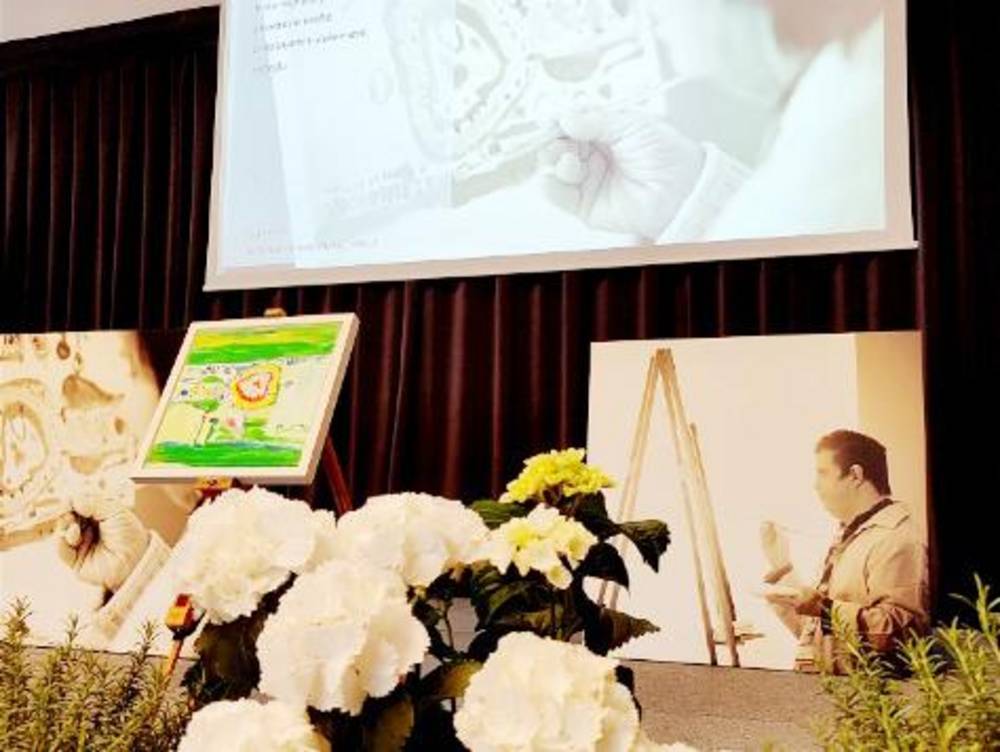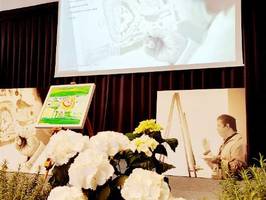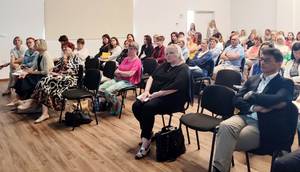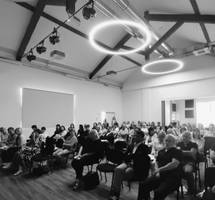Human Rights Ombudsman Peter Svetina addressed the attendees of the event, Awakening of the Autumn: How to provide best care for adults with intellectual and developmental disabilities, held in Framlje in the Municipality of Divača on 15 June 2022. The event was organised by the Association of Special and Rehabilitation Educators of Slovenia, the Association of Slovenian Training Organisations for Persons with Special Needs, the Municipality of Divača and the Human Rights Ombudsman of the Republic of Slovenia.
The purpose of the event was to highlight the care for adults with intellectual and developmental disabilities, especially with regard to the programmes that are available to them and the standards for the employees working with them in the institutions after they are 26 years old, such as occupational activity centres and education, work and care centres. Among other things, they wanted to point out that once these adults reach 26 years, they are practically no longer entitled to continuous expert care. The organisers assessed that it is unacceptable that society and experts invest in the development and independence of persons with intellectual and developmental disabilities until they reach 26 years and after that age they are left to their own resourcefulness or to individuals and organisations who offer them support.
At the event, Ombudsman Svetina stressed the importance of deinstitutionalisation and assessed the transition from institutional to community care as one of the key directions in the care for vulnerable groups. This is also required of countries by the Convention on the Rights of Persons with Disabilities (adopted in 2008). "Slovenia is still one of the most institutionalised countries in Europe and it has the opportunity to enhance and accelerate the process of deinstitutionalisation by 2023 with programmes financed by European funds," highlighted the Ombudsman, who also believes that deinstitutionalisation is the answer to a long-lived society as it represents a step away from the institutional mindset towards independent life with the support of the community. High-quality and safe care that focuses on the user and their needs must be ensured.
The Ombudsman stressed that society’s humanity is displayed in its care for the most vulnerable members and the solutions aimed at deinstitutionalisation are correct. Every person has the right to a high-quality life, and no one has the right to restrict this for another person. "When caring for them, proper communication is also crucial, as it dispels fears, suitably sheds light on developments in society and raises awareness. All of the above contribute actively to tackling prejudice and stereotypes, which divide us as people," clarified the Ombudsman.



